CEPS Students Receive $70,000 to Study AI
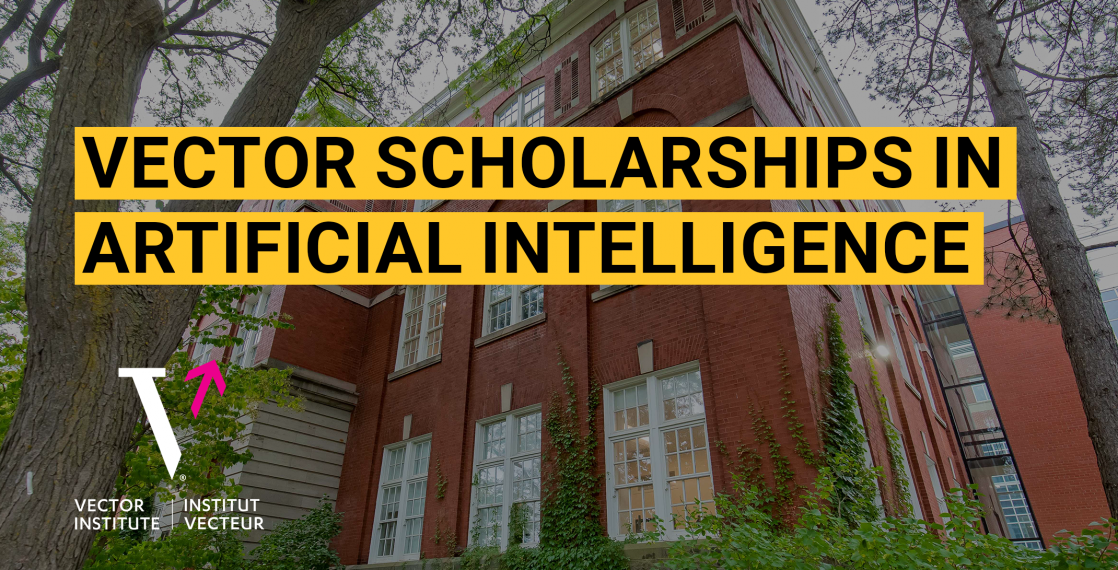
Four University of Guelph (U of G) students in the College of Engineering and Physical Sciences (CEPS) will each receive a $17,500 entrance scholarship from the Vector Scholarships in Artificial Intelligence (VSAI) to support their graduate studies and research in artificial intelligence this fall.
Computer Science (M.Sc.) students Charlotte Barnes, Spandana Chereddy and Nicholas Vinden in the School of Computer Science, and Applied Statistics (M.Sc.) student Kayla Kopel in the Department of Mathematics and Statistics, are the 2024 U of G recipients. Barnes, Kopel and Vinden also attended U of G for their undergraduate studies.
In addition to their home program, each of the four are part of U of G’s Vector-recognized Collaborative Specialization in AI (CSAI), making them eligible for the scholarship.
“Artificial intelligence is increasingly shaping all sectors in Canada – from banking and finance to healthcare,” says Dr. Graham Taylor, engineering professor and CSAI graduate program coordinator. “These prestigious scholarships demonstrate the calibre of U of G students, as well as their potential in both the AI technical skills and philosophical foundation to benefit society.”
The entrance scholarships are designed to attract top-tier students into Ontario-based AI graduate programs, with the ultimate goal of building a highly skilled AI workforce. AI research topics can be interdisciplinary in nature and range from machine learning, to engineering and computing to data science, and more.
The Vector Institute for Artificial Intelligence (Vector) is a not-for-profit AI research organization based in Toronto. The institute launched in 2017 with funding from the federal and provincial governments, industry sponsors and now 28 academic partners, including the University of Guelph. Students in Vector-recognized graduate programs are eligible to apply for VSAI, and can access Vector’s Digital Talent Hub, career development and networking events, career support programs specifically for AI.
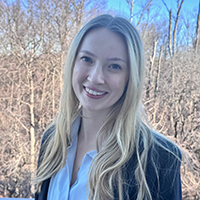
Charlotte Barnes, Computer Science (M.Sc.)
“It is an honour to be recognized by the Vector Institute, and I am grateful for the opportunity that this award affords me to continue my research in AI. It is no secret that AI is reshaping the world around us, and I am excited to be a part of the local community working to leverage its power in innovative ways. AI allows us to solve problems that are potentially too large and complicated for the human mind to perceive let alone solve. This award will allow me to explore the use of AI in dynamic decision-making problems related to Field Programmable Gate Array Computer-Aided design tools. In essence, the goal is to emulate the complex processes our brains perform when we make design choices and apply that to design spaces at a much larger scale.”
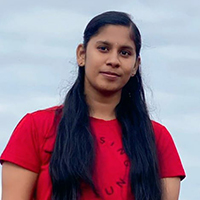
Spandana Chereddy, Computer Science (M.Sc.)
“Entering the realm of Artificial Intelligence, I'm impassioned by its transformative potential and ethical imperatives. AI isn't just a field of study; it's a beacon for navigating complex societal challenges with innovative solutions grounded in responsibility and compassion. I'm deeply honored and humbled to be awarded the Vector Scholarship in Artificial Intelligence, affirming my commitment to excellence in AI research and ethical leadership. This recognition emboldens me to delve deeper into the ethical dimensions of AI, ensuring that innovation is not just impactful but also principled.”
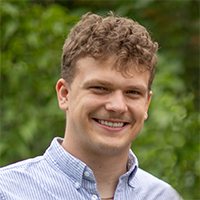
Nicholas Vinden, Computer Science (M.Sc.)
“Over the past decade of AI research, it's difficult not to be blown away by the capabilities of LLMs, generative AI, and composite multimodal systems. I am interested in understanding how these systems create dense semantic representations of the world around them, and how we can measure learning through moving weights in a dynamic embedding space. Furthermore, I want to see how understanding and visualizing embeddings provides insight to models throughout training in reinforced and supervised fine tuning settings.”
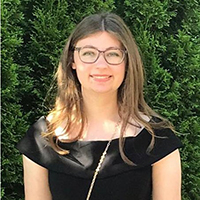
Kayla Kopel, Applied Statistics (M.Sc.)
“AI is an up-and-coming discipline that will only become more prevalent as time goes on. I believe it is vital for humans and AI to work hand in hand to come up with innovative solutions to issues facing society. I am eager to build on my statistics knowledge while incorporating machine learning, especially when it comes to manipulating big data or tackling issues related to education, finance, health care, and more. The fast-paced developments of AI are very fascinating to me, and I am very excited to see how it will continue to shape our lives in the future.”